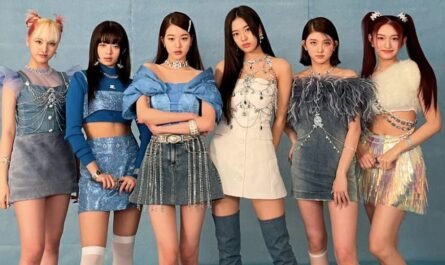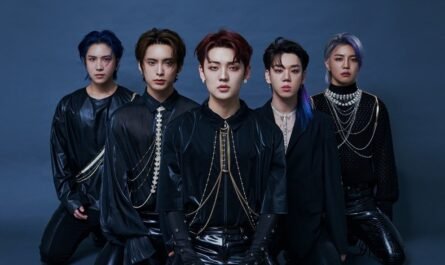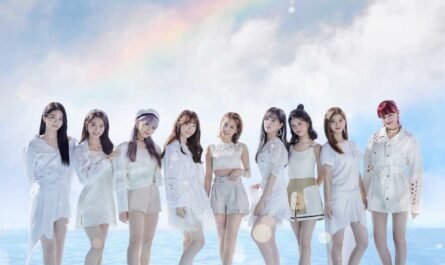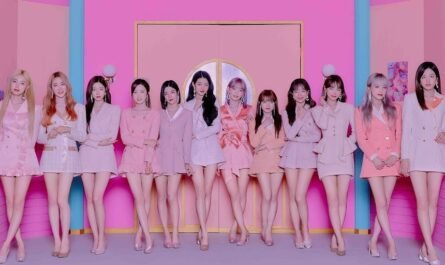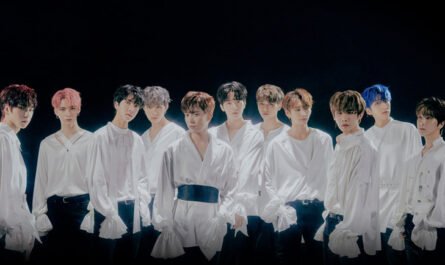On the 26th, the first domestic OTT teabing original documentary, ‘K-Pop Generation’ (produced by Patchworks / A2Z Entertainment), which analyzed K-pop in depth for the first time in Korea, was unveiled.
In the first episode of ‘K-Pop Generation,’ which was released through TVing on the 26th, ‘Deokjil’ focused on today’s K-pop culture, where ‘Duckjil’ has established itself as an existence that gives strength to fans and artists beyond simply liking someone. We also looked at how ‘Deokjil’ became a common play culture of K-pop fans worldwide.
K-pop virtues have become a factor that gives courage and strength to both fans and artists. K-pop artists such as Kangta, Super Junior’s Leeteuk, 2 PM, SHINee’s Minho, NCT’s Doyoung, Stray Kids, Tomorrow by Together, ENHYPEN, IVE, Le Seraphim, etc. The relationship is not a one-way street but a relationship for each other.
The fandom culture, which began based on the love for K-pop artists, has become possible to communicate with global fans beyond Korea with the development of technology.
The result of using social media and various platforms in the form of simple one-sided mailboxes and fan letters has been welcomed by K-pop artists. SHINee’s Minho said, “I think I’ve improved a lot,” and “I can communicate more with my fans because I can say what I want to say to the fans with one phone, things I wanted to do right now but couldn’t in the past.” could
In these changes in virtue, fans have formed a culture of sharing and empathizing with each other’s content. ‘Fan creators,’ in which fans recreate their content, are also starting to appear. Secondary creations such as fan art and short-form content they create have become a culture that expands the fans’ ability to grow and is expanding globally. Stray Kids’ Changbin expressed his great appreciation for the fan content, saying, “Actually, I’m a person who doesn’t have much of a backbone, but thanks to the fans who created content that made use of my charms, I’m trying to live a more upright life.”
In addition, scenes from overseas events such as birthday cafes and birthday advertisements celebrating the artist’s birthday are included, confirming that K-pop is influencing the fandom worldwide. In this way, the economic effect and ripple effect created by the method of consuming one intellectual property (IP) in various forms is acting as a positive factor for the growth of K-pop.
The first episode of ‘K-Pop Generation,’ which showed various aspects of fandom culture, is receiving favorable reviews for drawing new knowledge about areas that were not known to users and sympathy for places of interest to users after it was released. In episode 2, we hear the intense stories of K-pop producers who make 1 out of 0.



